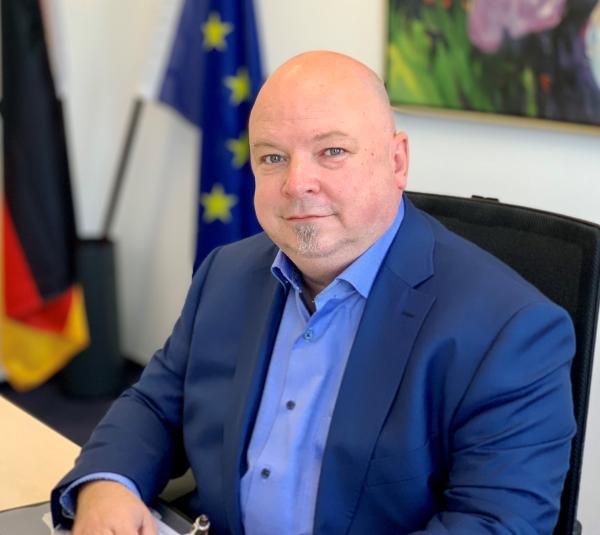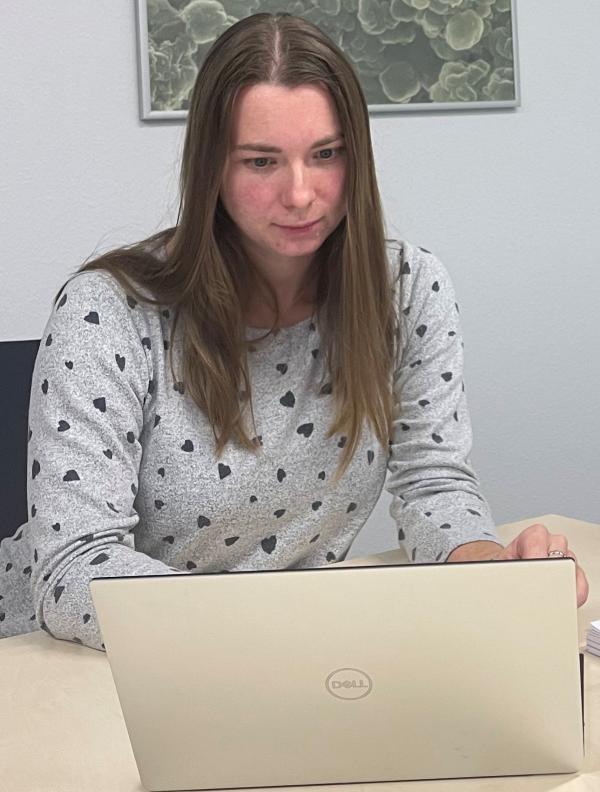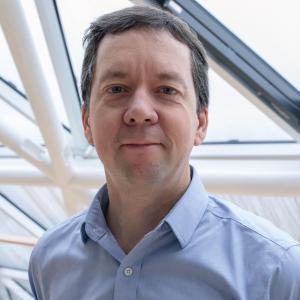A biomedical firm working on a new Africa tuberculosis vaccine says it’s critical for the developing world.
Tuberculosis has been a global emergency for the past 30 years. An estimated one-fourth of the world’s population has the disease. It is a big problem in developing countries, where poverty and government instability hurt programmes that can control it. But most of the biotechnology sector is ignoring it.
Not Leander Grode. “I’m working on the number one single killer—and, therefore, the most dangerous infectious disease—in the world,” he says.
There is a big need for safer and more effective tuberculosis vaccines. The main vaccine used today, BCG, is about 100 years old. The European Investment Bank signed a €30 million loan in August with Grode’s Vakzine Projekt Management, also known as VPM, to finance late-stage research on VPM1002, the company’s new vaccine designed to prevent tuberculosis in babies.
Critical for Africa and HIV
Many people who take the BCG vaccine still end up catching tuberculosis. VPM hopes its new drug offers more protection. The EIB’s loan is part of a larger deal that includes €15 million to support a medicine for HIV, the virus that causes AIDS. In Africa, tuberculosis is the most common illness among people who have contracted HIV.

Leander Grode says there is a big need for a new tuberculosis vaccine. (VPM)
Since early in 2020, EIB staff have been searching for companies that need support for vaccine research and development related to the pandemic. But they never stopped supporting other infectious disease projects.
“We can’t stop fighting diseases like tuberculosis,” says Raffaele Cordiner, a loan officer at the European Investment Bank who worked on the VPM financing. “We hope to be in the COVID transition phase soon, but tuberculosis has been around for at least the last 200,000 years.”
Tuberculosis and COVID-19 spread in similar ways, from one person to another through tiny droplets released into the air by coughs and sneezes. Like the coronavirus, tuberculosis causes big problems in the lungs if untreated, but it also attacks the brain, kidneys and spine.
If people think the coronavirus is insidiously smart, they should see how tuberculosis operates, says Sina Brückner, a project manager working on VPM’s new vaccine.
“Tuberculosis is a very smart disease, very much adapted to humans,” Brückner says. “It is very difficult to fight and can cause many health problems. People starve, they get very thin, they can’t eat. Compared to the coronavirus, fighting tuberculosis is much more complicated. It’s a completely different level.”
More Africa tuberculosis vaccine funding for developing world
Funding is one of the biggest hurdles to the development of new tuberculosis vaccines. This type of vaccine mainly helps developing countries, so it is not a big money-maker for pharmaceutical companies, unlike cancer drugs, which have higher potential financial returns.

Sina Brückner, a manager for Vakzine Projekt Management, says tuberculosis is difficult to fight, and the work on new vaccines is complicated and costly.
Cordiner, the EIB loan officer, says there is big need for finance agreements from the European Commission or European Union countries to help companies like VPM. Special mandate arrangements can give the EU bank more tools and more funding to back riskier research or unproven technologies. The EIB loan for the tuberculosis vaccine is backed by the Impact Financing Envelope, which is supported by EU member states for development projects in poorer parts of Africa. The loan is a venture capital agreement that will be repaid based on the trials and market performance of the medicine. If the medicine doesn’t work out, the loan can be written off.
“It’s really important that we do projects like this,” says Anna Lynch, a life sciences specialist at the Bank. “There is a real financing gap for clinical research in infectious diseases, and investments for high-threat pathogens are too often reactive. We hope that future funding can be actively guided by the global disease burden.”
Vakzine Projekt Management is a subsidiary of the Serum Institute of India, the largest vaccine maker in the world. The company was founded by Cyrus Poonawalla, who has said his goals are to make medicine affordable for the developing world and to vaccinate as many people as possible.
“The Serum Institute is quite an incredible organisation,” says Cristina Niculescu, another life sciences specialist at the European Investment Bank. “They really are driven by a philanthropic philosophy of affordable vaccines.”
VPM´s new medicine will be targeted primarily at sub-Saharan African countries that have high numbers of tuberculosis cases. The clinical trials will take place in Uganda, Gabon, Kenya, Tanzania and Lesotho.
Grode, VPM’s managing director, says the future finally looks brighter for vaccine research into tuberculosis and other infectious diseases, and this is partly because of the coronavirus.
“COVID changed the story,” he says. “People are realizing that we can’t afford anymore to wait for the diseases and then try to treat people with new medication. The future of the world lies in better vaccinations.”
